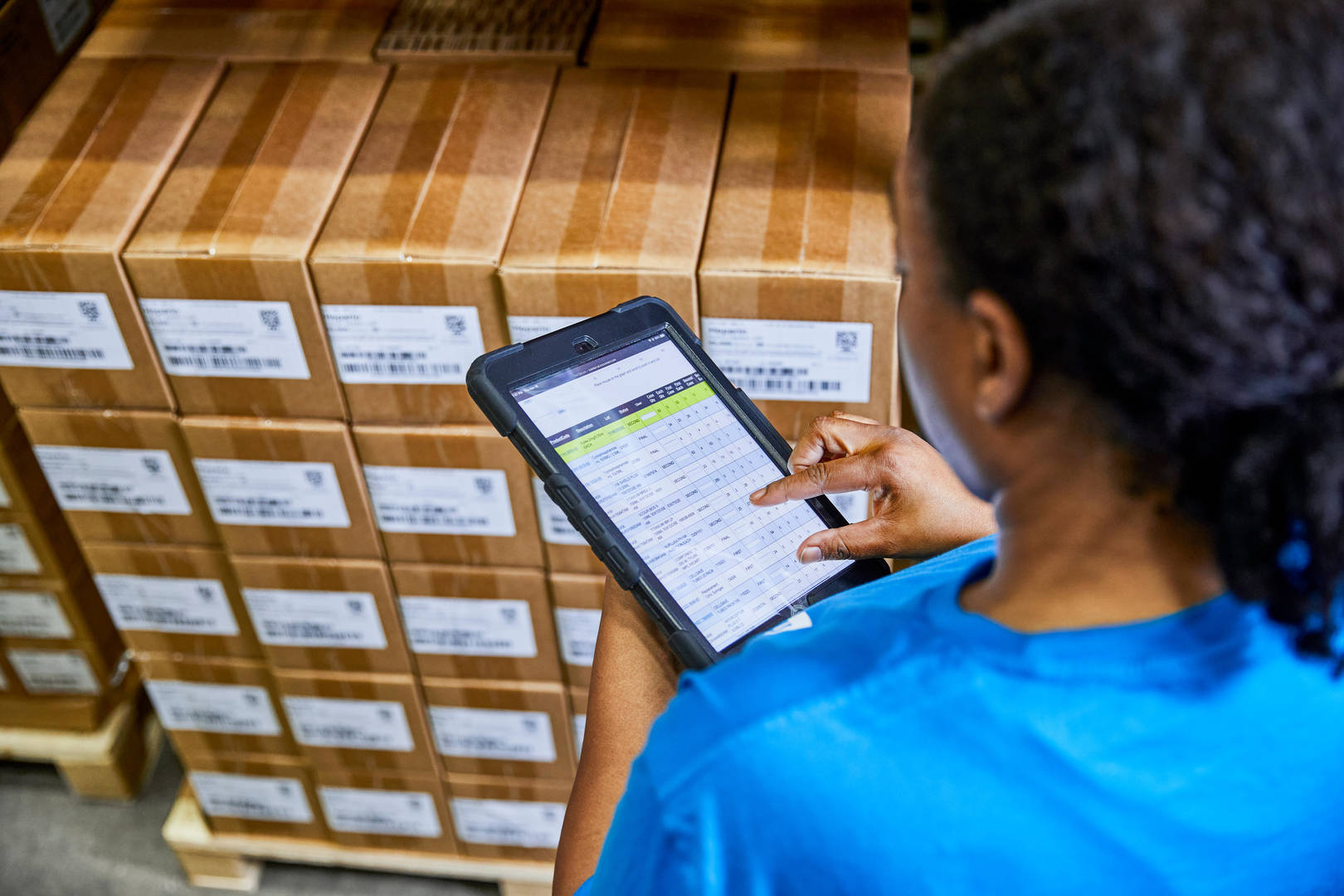Prioritizing sustainability in your veterinary practice
By MWI Animal Health

This article originally appeared in Today's Veterinary Business.
Sustainability and transparency regarding environmental impact are major factors that pet owners and other consumers contemplate when choosing businesses to support — including veterinary practices. Prioritizing sustainability initiatives and choosing the right business partners can allow your veterinary practice to contribute to a brighter future and develop deeper trust with your clients.
Why sustainability in veterinary medicine matters
Sustainability will only grow in importance as a selling point for your veterinary practice moving forward. Millennial clients, the largest current pet-owning age group, are more likely to express interest in addressing climate change and taking action to do so than the generations that come before them. A 2021 Colorado State University pet owner research study makes this connection to your clinic, reporting that two-thirds of pet owners want their veterinarians to understand how animal health impacts climate change and half would pay more for services at a clinic that actively prioritizes sustainable practices. These studies demonstrate that veterinary professionals can benefit from taking an active role in understanding their environmental impact and communicating what steps they are taking to mitigate it.
Choosing sustainable business partners
Veterinary practices rely on many outside partners and must not only implement their own green initiatives — such as standardizing paperless operations or improving energy efficiency — but also hold their business partners to similar standards.
The supply chain, which relies on fossil fuels for shipping efforts and significant amounts of packaging, has a particularly large environmental impact, but veterinary teams can make positive strides by partnering with distributors that are focused on sustainability.
Steve Shell, president of MWI Animal Health, says the organization views sustainability as a responsibility to the veterinary consumer, its 900-plus manufacturers and pet owners. “We see ourselves as united in our purpose to create healthier futures, and we recognize the link between sustainable futures and our life with pets,” said Shell.
When choosing a veterinary distributor to help with your sustainability efforts, consider whether it employs energy- and material-saving solutions, such as:
- Automatic order consolidation — Orders placed during the week can be reconciled to a single order, invoice and delivery day each week, which greatly reduces trucks on the road and veterinary practice inefficiencies.
- Auto-packers — AI-driven packing equipment can automatically determine order size and weight to build an appropriately sized box around the order and reduce packaging waste.
- Central distribution — Manufacturers can ship to a single regional facility, rather than individual locations, so trucks are more densely packed and efficient.
- Courier and tote models — These programs — which MWI Animal Health currently offers in select markets, with planned expansion — use refillable supply totes that a courier delivers each week and picks up for reuse the following week. This results in zero cardboard, Styrofoam and plastic waste. Some markets will also use electric vehicles for greater impact.
- Emissions transparency — Environmentally responsible businesses report their sustainability progress and emissions publicly and are entirely transparent with stakeholders.
Sustainability beyond the environment
Veterinary practice operations have shifted dramatically in recent years toward digital services to meet rising pet owner demand. Choosing a sustainability-focused distributor can help you not only meet sustainability expectations but also compete with the large ecommerce platforms.
Shell says MWI Animal Health is “working with veterinary practices to pull that business back into the veterinary practice” by offering wide-reaching benefits, such as wellness plan administration, auto-ship services and inventory management.
The right distributor will also understand that inventory management can be a huge inefficiency and will offer solutions to reduce not only waste but also redundancy, which frees members of the veterinary healthcare team to care for animals rather than perform administrative tasks. This reduction in the daily grind will ultimately lead to happier and more fulfilled staff who stay longer at their practice and in the profession. With veterinary staff turnover representing a pressing issue for practices, every career sustainability boost is welcome.
Partnering with the right distributor can elevate your sustainability efforts and put your practice on the road to business success.




